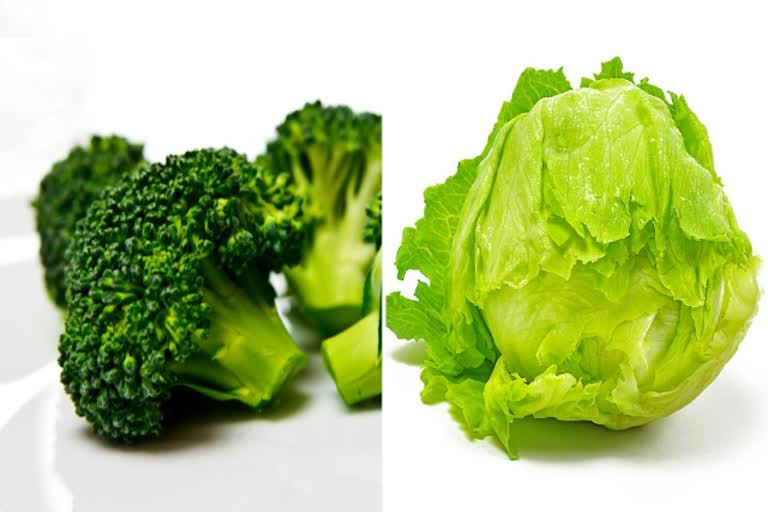Higher consumption of cruciferous vegetables, such as broccoli, Brussels sprouts, and cabbage, is associated with less extensive blood vessel disease such as heart attack or stroke in older women, say researchers.
Blood vessel disease is a condition that affects our blood vessels (arteries and veins) and can reduce the flow of blood circulating around the body. This reduction in blood flow can be due to the build-up of fatty, calcium deposits on the inner walls of our blood vessels, such as the aorta.
This build-up of fatty, calcium deposits is the leading cause of having a heart attack or stroke.
"In our previous studies, we identified those with a higher intake of these vegetables had a reduced risk of having a clinical cardiovascular disease event, such as a heart attack or stroke, but we weren't sure why," said study author Lauren Blekkenhorst from the University of Western Australia.
"Our findings from this new study provides insight into the potential mechanisms involved," Blekkenhorst added.
For the study, published in the British Journal of Nutrition, the research team used data from a cohort of 684 older Western Australian women.
The researchers found that those with a diet comprising more cruciferous vegetables had a lower chance of having an extensive build-up of calcium on their aorta, a key marker for structural blood vessel disease.
"We have now found that older women consuming higher amounts of cruciferous vegetables every day have lower odds of having extensive calcification on their aorta," she said.
"One particular constituent found abundantly in cruciferous vegetables is vitamin K which may be involved in inhibiting the calcification process that occurs in our blood vessels," Blekkenhorst explained.
Women in this study who consumed more than 45g of cruciferous vegetables every day were 46 percent less likely to have an extensive build-up of calcium on their aorta in comparison to those consuming little to no cruciferous vegetables every day.
"That's not to say the only vegetables we should be eating are broccoli, cabbage, and Brussels sprouts. We should be eating a wide variety of vegetables every day for overall good health and wellbeing," the study author wrote.
The research team said it was important to note the study team was very grateful to these Western Australian women, without whom these important findings would not be available for others.
"While observational in nature this study design is central to progressing human health," they noted.
COURTESY: IANS



